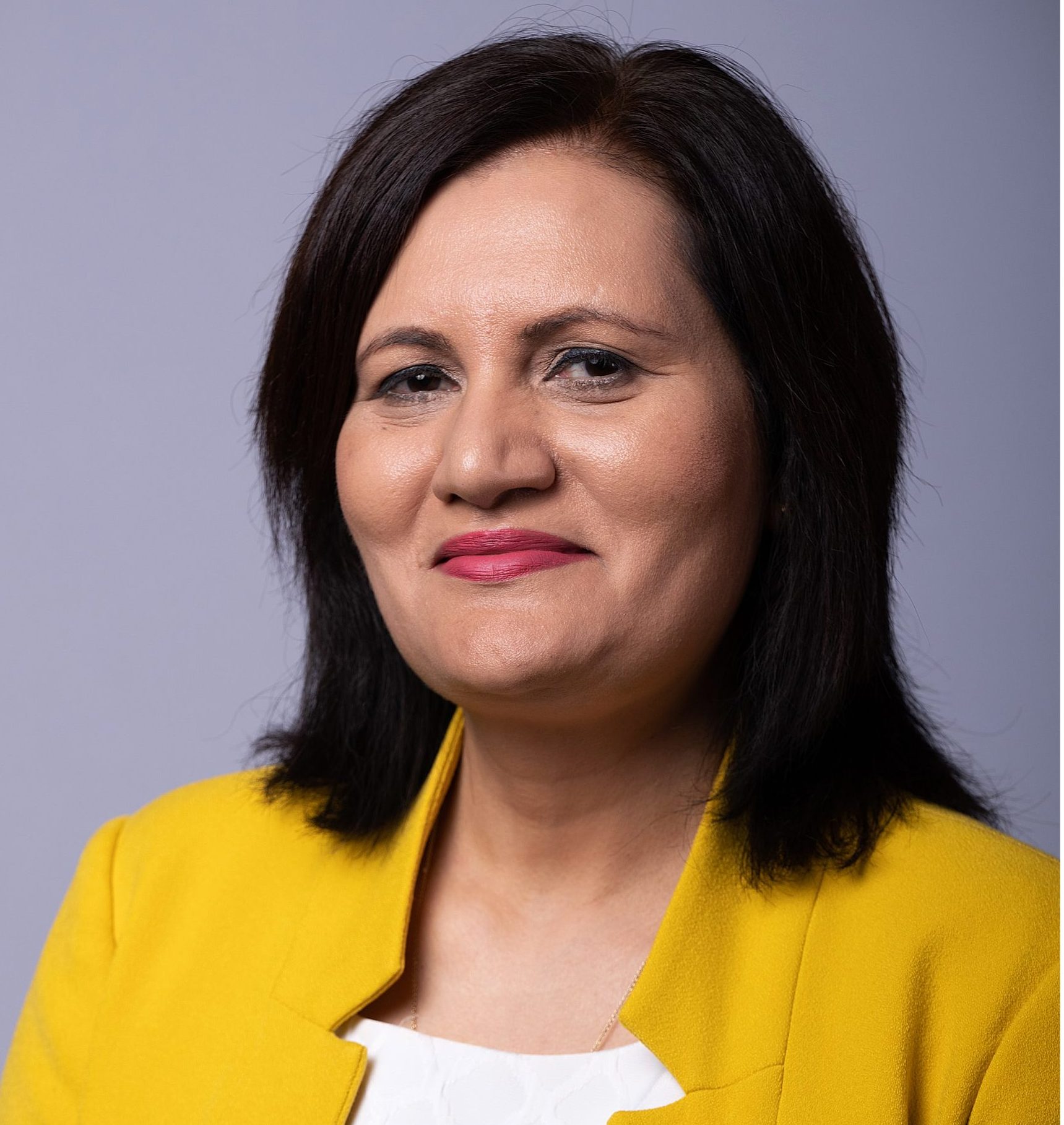Many young New Zealanders are now looking ahead to the start of the university year. First-year students have worked hard to gain university entrance and have put real care into choosing a university and course of study that reflects their unique skills and interests.
A three-year or more commitment to university incurs real costs. Students will accumulate tens of thousands of dollars in debt. There is also the opportunity cost of years devoted to study which could have otherwise been spent earning money and gaining skills in the workforce.
We owe it to these young people, and to taxpayers who share the costs of study, to ensure time in university maximises students’ potential to build better futures for themselves while adding to New Zealand’s wider knowledge base.
ACT is concerned that our universities are on the wrong track.
The University of Auckland will this year introduce a new compulsory course for all first-year students called ‘Waipapa Taumata Rau’. The course will focus on the Treaty of Waitangi and tikanga Māori (indigenous approaches to knowledge).
I am sure that some students will take a keen interest in tikanga Māori. However, making it compulsory for every student is problematic. The course means students will have less time to focus on their chosen areas of specialisation, or to explore elective papers that broaden their knowledge and add joy and variety to the university experience.
Those studying medicine or engineering may find little direct relevance in traditional Māori knowledge systems or interpretations of the Treaty of Waitangi for their professional development.
A compulsory Treaty course will hold even less relevance for international students, who come to New Zealand temporarily to study for careers abroad, paying full fees and effectively subsidising the university system for locals. Forcing international students to pay for a course of niche local relevance risks undermining the international reputation of our university system.
ACT has consistently stood for choice and variety in our education system. That is the ethos behind charter schools, which allow publicly funded schools greater freedom to set their own curriculum in exchange for high performance standards.
New Zealand’s collective knowledge is in fact stronger when different people have different learning experiences. Young people can take their varied knowledge into the world and engage in healthy disagreement and debate, pitching different knowledge systems against one another.
The push to put tikanga Māori at the centre of study is not limited to the University of Auckland. The Council of Legal Education is also implementing compulsory tikanga Māori courses for law students at universities across New Zealand. This move is perhaps even more brazenly ideological – the downstream effect will be to infuse every part of our legal system with tikanga, enabling judicial activism that undermines the democratic intent behind legislation passed by our elected Parliament.
Placing indigenous knowledge systems in a privileged position undermines principles of academic freedom. It threatens open inquiry and evidence-based approaches such as the scientific method. And it makes our collective knowledge base narrower and less relevant internationally.
Universities have the freedom to set their own policies, but as publicly funded organisations they deserve scrutiny. At the very least, prospective students and their families should be fully informed about an increasingly dictatorial approach to the instruction of politically sensitive topics like the Treaty.
ACT will continue to stand for choice, not compulsion, in our education systems. – Dr Parmjeet Parmar



